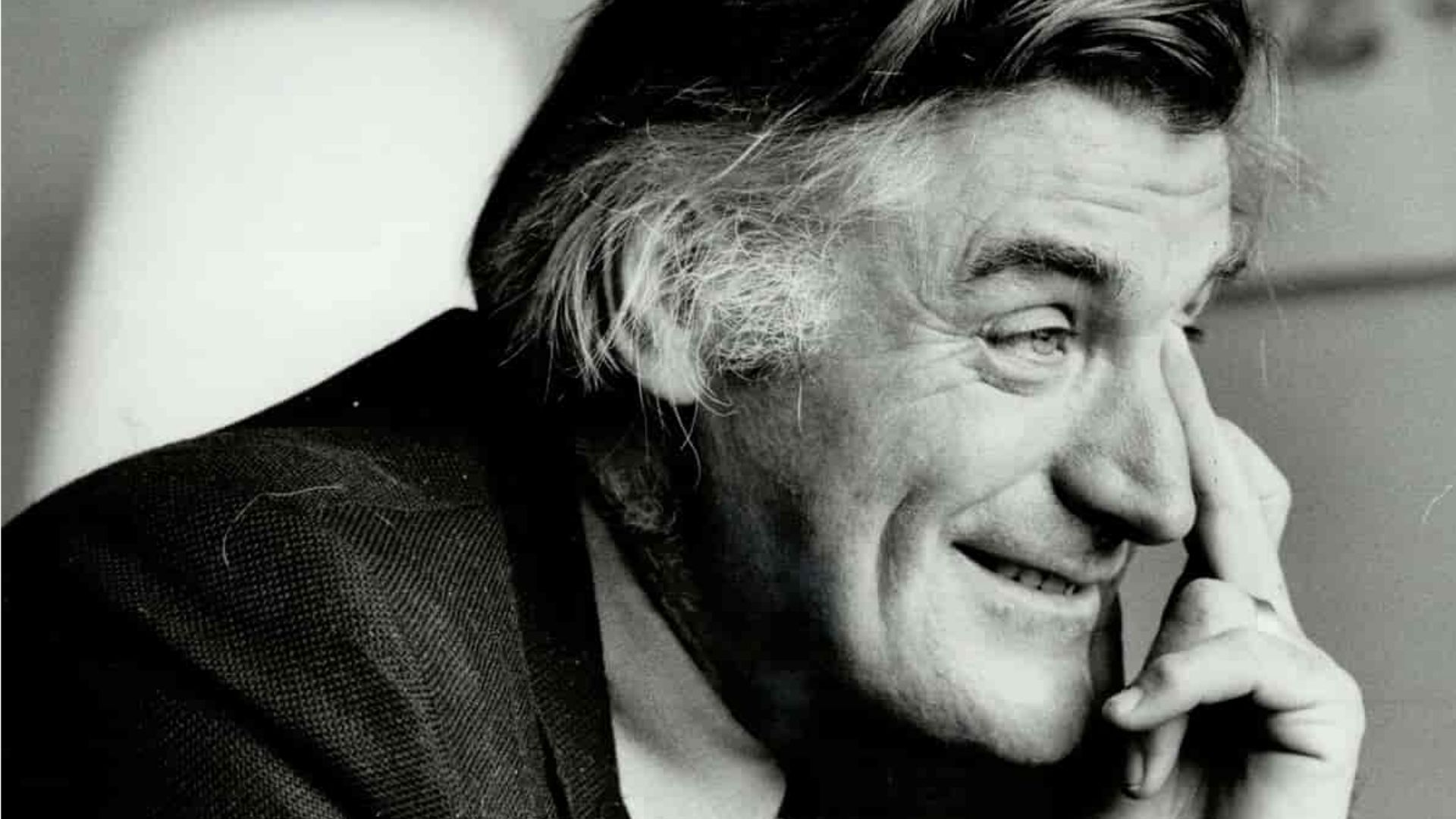Hawk Roosting Poem by Ted Hughes
Hawk Roosting
The text of this poem could not be published because of Copyright laws.
Ted Hughes, whom I was lucky to count as a friend, is always superbly at one with the animal world. An analogy with humans is suggested but not stated as the poet is simply not interested in “the effects that power can have on a human being”(Shereef) . Hughes observes brilliant – and as always in his animal poems, refrains from passing judgement. The hawk views the high trees, the air and the sun as existing entirely for its own convenience, which I guess parallels how many of us view nature. The bird sees itself as perfection, the highest achievement of creation, and the last line, ‘I am going to keep it like this, ’ shows the genius of the poet in making explicit an attitude that is only implied
The hawk is used as a simple analogy to humans in power. In response to Desiree Iten, I don't think Hughes is comparing the Hawk to humans overtaken by 'sophistry' and 'manners' as you say. The Hawk itself is powerful and in command of the earth below him: 'The convenience of the high trees! ' He is overjoyed by his power, and asserts his power by saying things such as: 'My manners are tearing off heads - The allotment of death.' The hawk is conceited, 'Now I hold Creation in my foot, ' and certain of himself, 'my eyes closed.' The hawk is at the top of the hierarchical chain that defines nature and how it runs, and seems unmoved by the fact that he does not need to defend his place on this chain: 'No arguments assert my right: The sun is behind me.' Furthermore, this word sun gives an image of light and righteousness shining upon the hawk, creating a shadow of justice covering all creatures below it. It may also relate back to the idea of nature and how it's rules and laws, no matter how ridiculous they may be, still support his position. Desiree Iten, Hughes is not criticizing humans in general, which you seem to think he insists on doing. He is simply criticing the effects power can have on a living being, and demonstrating how it can change one's perspective on life, causing him to become almost dellusional because of this.
i think it's about challenging our perspective. people think they are the most superior beings on this planet, that the world was created by God for us, that we are the ones in charge here and look down on all the rest, but the hawk looks down on us here. the wolrd is his for the picking. we pride ourselves on our 'sophistry' and 'manners' but the hawk just tears off heads - the seat of our intellect. we build airplanes and fly with the 'sun...behind' us in war and we think we're so smart, but actually all we're doing is trying to mimic the hawk, and we just end up using this technology to destroy ourselves anyway. we humans keep glorifying progress progress progress. the hawk has not 'permitted any change' to happen to his world or himself, and look where he is: still waaaaay above us. so what's the big deal with progress then anyway? i think this poem is about getting people to stop and consider, 'what makes you think you're the one running the show? '
This poem has not been translated into any other language yet.
I would like to translate this poem
I am wondering if the hawk could symbolize Satan, perched, watching, high above the ground, swooping down at will to seize his prey, people's souls. Asking permission of no one, he asserts this right to pull heads off, to enter people's bones. He rules from his perch, where he has always been. He does not want any of this to change (for God to cause him to die and rob him of his power) . He is the self-appointed king of all he surveys, and he is the angel of death.